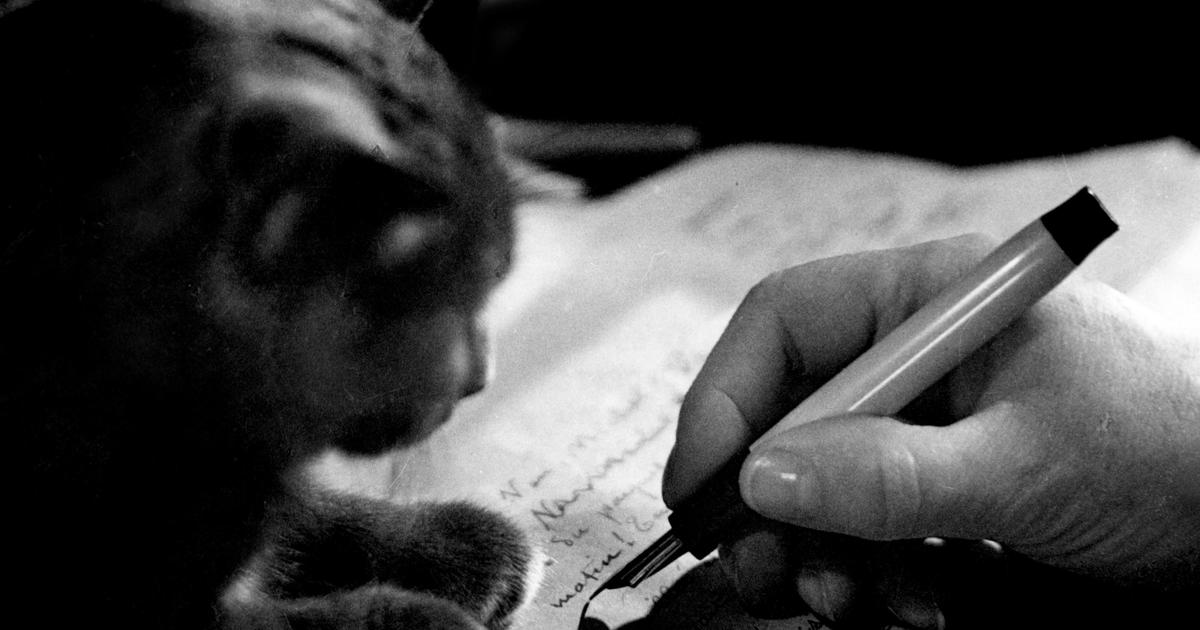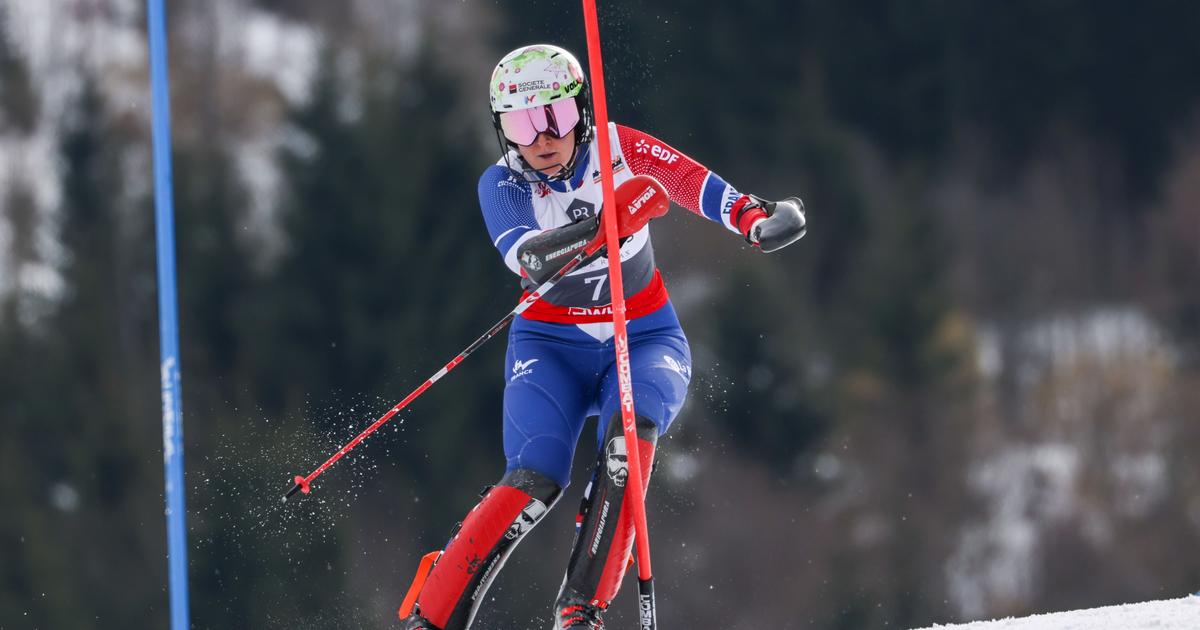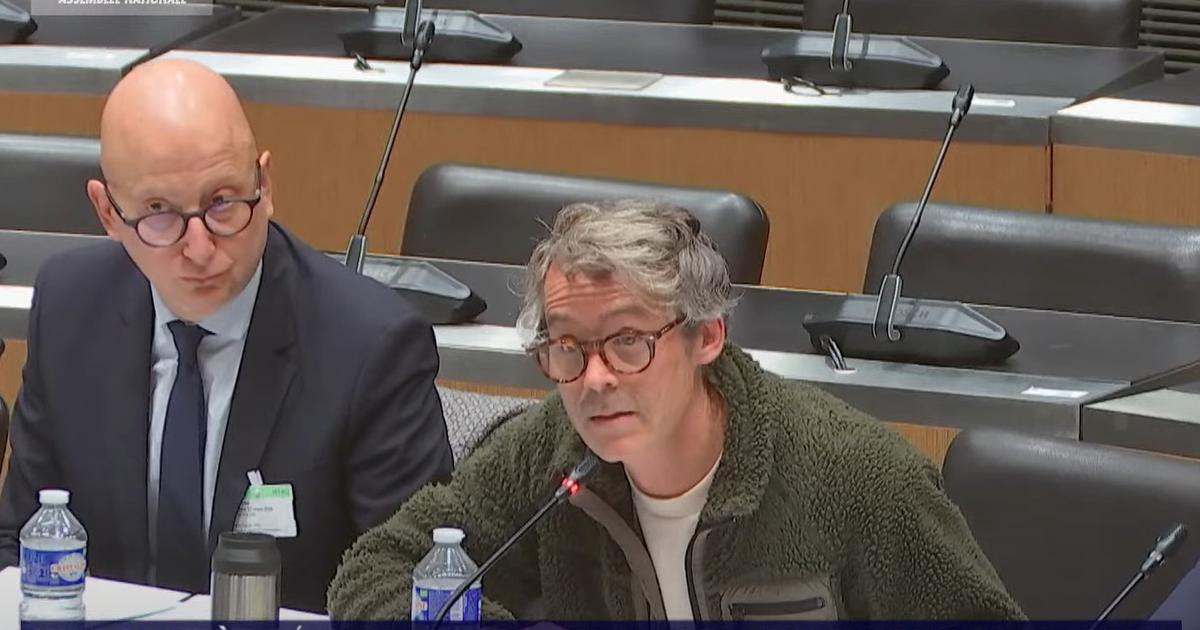“The monchus are back!”.
If you are not from the region and you come across a mountain dweller who pronounces this sentence, know that it is not a compliment.
The word "monchu" is used by Savoyards to refer to a tourist, especially one who stands out.
This is how the mountain dwellers nicknamed their visitors in the last century, especially the English and wealthy Parisians who came to breathe the fresh mountain air.
Likewise, did you know that the word "chalet", in Savoyard, designates a "house"?
The Savoyard language comes from a Franco-Provençal dialect, itself derived from a Gallo-Romance language (with remnants of Latin and Gallic words).
An anthology of the tastiest expressions of Savoie.
To discover
Crosswords, arrow words, 7 Letters... Free to play anywhere, anytime with the Le Figaro Games app
Read alsoThese expressions that a city dweller on vacation should not say
A'rvi pa!
The phrase means "goodbye".
It is still used today and used by the "monchus" who think they are mountain people.
"Ar'vi is the form corresponding to French in the dialectal dialects that our (great) grandparents spoke every day at home", specifies Mathieu Avanzi, linguist and author of Parlez-vous (les Français)
?
(Armand Colin, 2019).
The particle “pa”, also spelled “pâ”, is the shortened form of “isn't it”.
The powder is excellent
The holy grail for mountain enthusiasts.
If you are a fan of winter sports, the word is probably familiar to you.
The “powder” designates the “powdery (snow)”, devoid of any trace.
Young Savoyards will speak of “pow-pow”, a borrowing from English slang, which does not appear in any dictionary.
The origin of the word comes from the Francoprovençal dialect in which the word "pœfa" designated dust.
Little by little, the link is made with this type of dense and powdery snow which flies away like dust when you slide on it.
Take an oats
Here is another Savoyard expression to say that we are being reprimanded very strongly.
The expression comes from the 19th century and originates from coachman oats.
Drivers fed their horses with it before giving them a boost to move them forward.
From these two actions was born the verb “avoiner” which means “to give blows”.
To be “all overwhelmed”
Originally, the verb meant "damaged".
Nowadays, when we see a skier who skis without style, we say: "He's all screwed up".
Because you must not forget to add the "y" or "that" when you speak Savoyard to be in tune.
In the same genre, we say “s'éclaffer” when we fall or crash.
Stop making jokes!
In other words, “stop acting polite!”
or “grimaces”: “don't make such a fuss to eat your soup!”.
In the same tone, we also have the expression “oh, stop niouling a little!”, the Savoyard equivalent of “stop dragging your feet” or “be more dynamic”.
“Niouler” is a verb that also means “to cry”.
The origin of these words are difficult to define, but they both come from the Francoprovençal dialects.












/cloudfront-eu-central-1.images.arcpublishing.com/prisa/KMEYMJKESBAZBE4MRBAM4TGHIQ.jpg)


